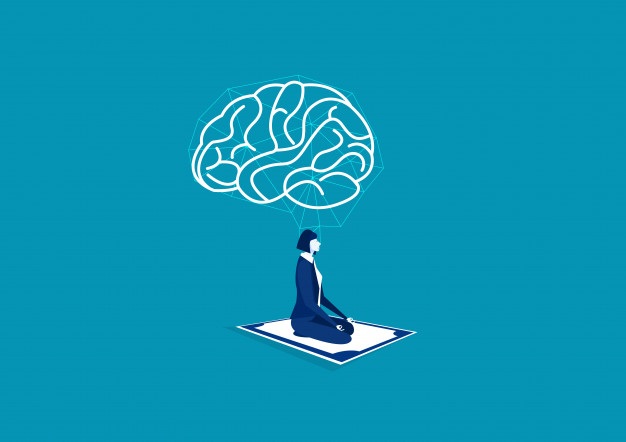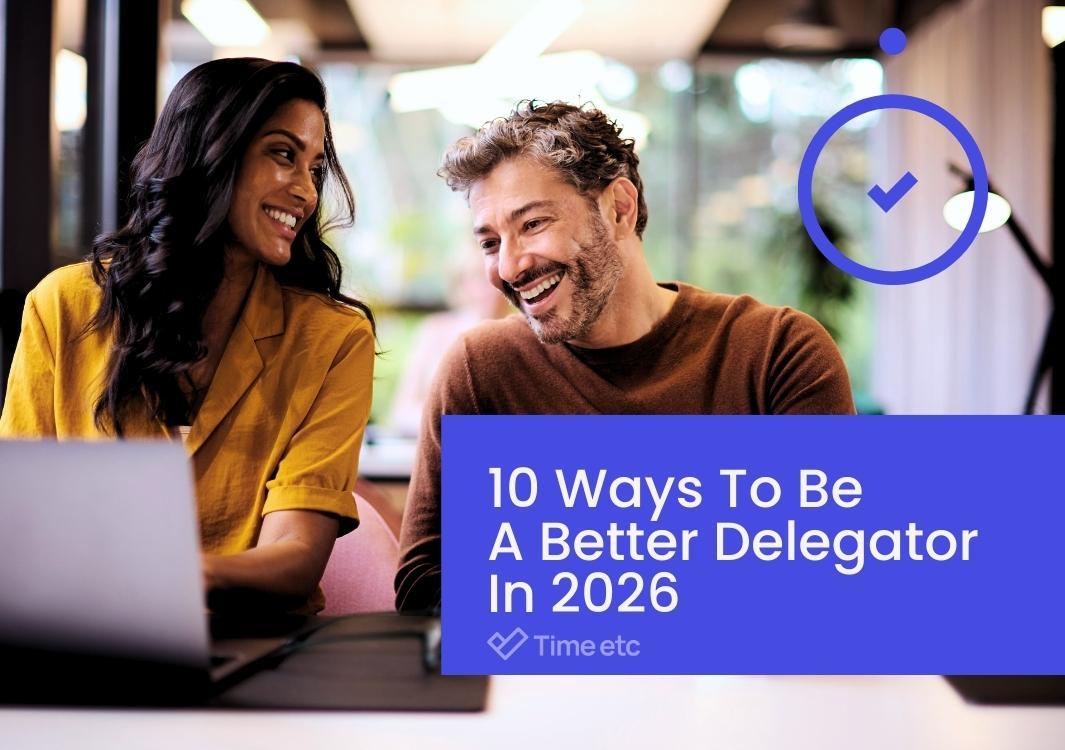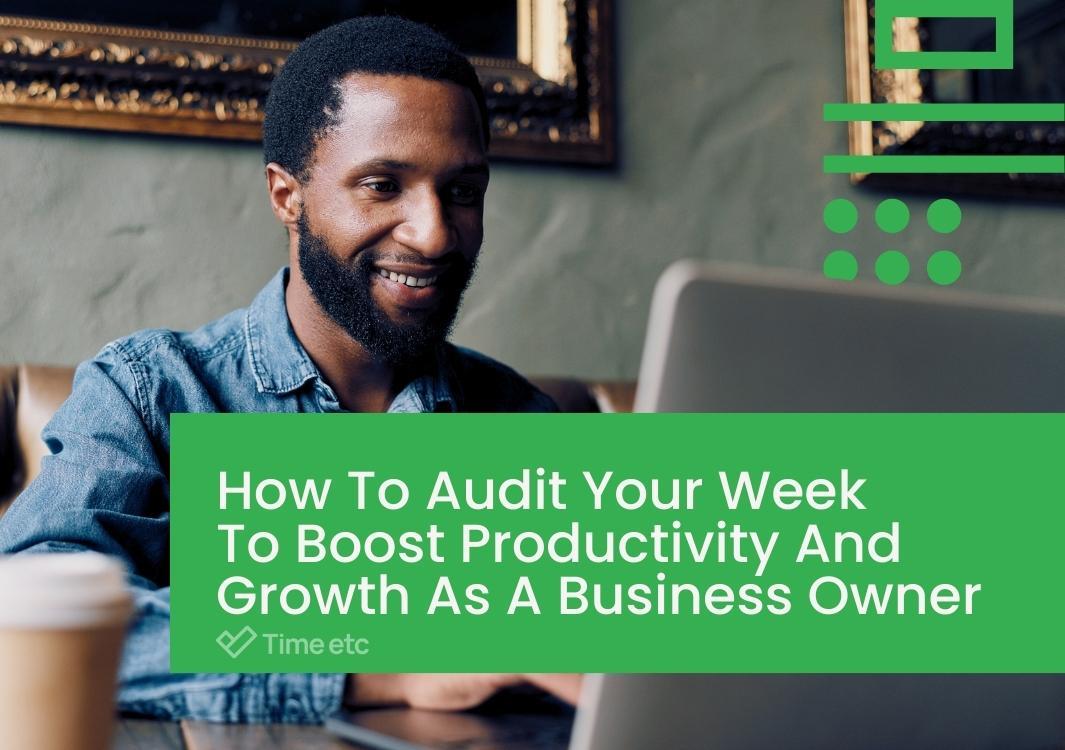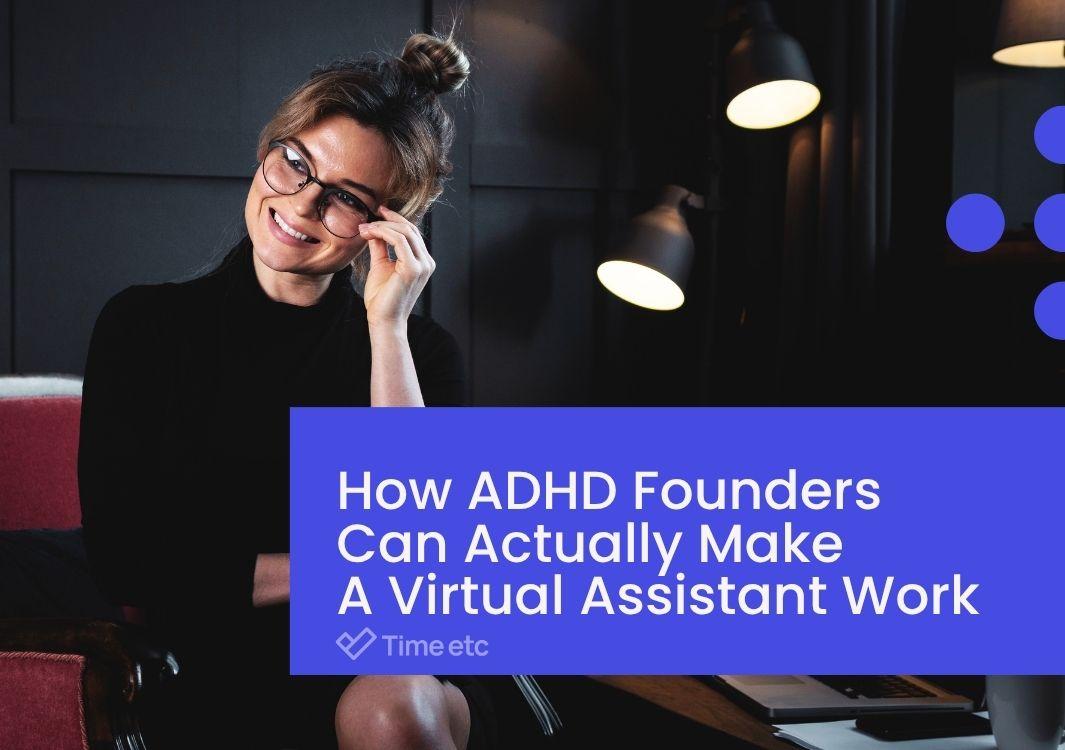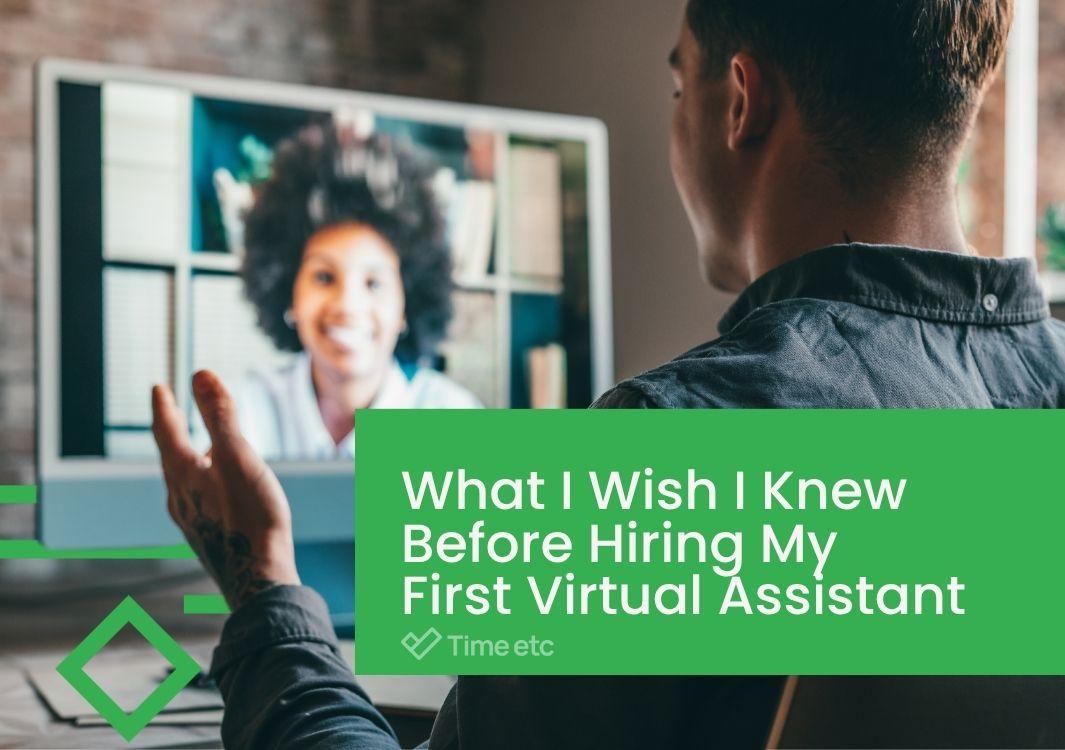The world has never, in living memory, been this chaotic. It’s not only what's going on in the world that we have to contend with, but rolling news and social media delivering us the highlights 24 hours a day, seven days a week.
Then there are the tech giants whose success relies on creating optimal distractions. Their business is to, quite literally, grab our attention and steal our precious time.
There are mostly cons to being 'always on’. According to a study by the University of California, Irvine, people who are interrupted regularly actually perform faster (most likely because we learn to adapt and expect interruptions). But this has a high cost: people who are interrupted regularly also experience a higher workload, more stress, higher frustration, more time pressure, and have to put in more effort.
The study results suggest that interruptions lead people to change not only work rhythms but also strategies and mental states.
As we all know, distractions take many forms: notifications on our phones, colleagues, and – when working from home – household chores, children, postmen and pets can all ruin our concentration. Some, we may not even realise are distractions: like our inboxes, meetings, and administrative tasks that entrepreneurs shouldn’t be wasting time on.
What exactly can we do in the face of all of this? Lock ourselves away in a padded cell between the hours of 9-5? Tempting, but impossible. Give in and doomscroll President Trump’s twitter feed? No thank you.
We need to build a deliberate defensive strategy to make sure distractions don’t control us. To do this, we need to understand what distractions look like, where they come from, and how to overcome them.
But first... don’t beat yourself up over getting distracted
Cast your mind back to the days of lion tamers or snake charmers. These powerful and deadly creatures were once held at bay by a person brandishing a whip or playing an instrument (called a pungi, in case you wanted to know).
Well, in truth, they weren’t. Apparently it wasn’t the whip that the lion was scared of, nor was it the music that enchanted the snake. Instead they were rendered harmless by the legs of the chair and the movement of the pungi respectively. In short, the animals were simply distracted.
We too are animals, prone to distraction from both external sources, and our own minds. Distractions come at us from all angles, all day.
Top tip: Put a piece of paper and a pen next to you. Start a task. Every time you’re distracted, note down what it was that distrurbed you.
To help you find new coping mechanisms for distractions, we’ll break this down into three easy-to-digest categories:
- Understand the need for boundaries:
- For those working from home:
- For those working from offices, co-working spaces and other workplaces
- Control noise and sound in your working environment
- Get a healthier relationship with technology
1. Understand the need for boundaries
“The most dangerous distractions are the ones you love, but that don’t love you back.”
Warren Buffet
One of the most effective strategies in the war against distraction is demarcation: putting mental and physical boundaries in place.
Because, over time, these have become increasingly rare. Our phones are now within arm’s reach, our computers now double up as televisions, with news, films and boxsets on tap, and our homes are now also our offices.
So what can be done?
For those working at home
It might not feel like it, but those working from home may be in a better position to dodge distractions than their office-bound peers.
Almost two thirds (65%) of employees think they would be more productive working from home than working in a traditional office environment due to fewer distractions (74%), fewer interruptions from colleagues (72%) and minimal office politics (64%). (Source: Flexjobs)
But the WFH situation is different for everyone. We don’t all have the luxury of an 'office’ with a door that can be closed. That may mean working in the same room you sleep in: hardly ideal. Then there may be children, flatmates and pets to contend with, in the place of chatty colleagues.
The other issue is that we have long viewed home as an escape from work. Our brains aren’t programmed to snap into work mode in the very place we usually relax.
Dedicating a small area in your home to work can solve that problem. With time you’ll start to identify this space as a work zone, and you may find it easier to concentrate when you step into it.
If you don’t have a door you can close, consider whether it may be possible to erect physical boundaries around this 'office zone’. A padded screen or a curtain will muffle sound and large indoor plants can also be placed strategically to block the view of the rest of the room.
Likewise, face a window, if you can. Not only will the natural light help keep you awake and alert, seeing the rest of the room could be a distraction.
Some remote workers swear by getting dressed as if they were going out, even if they’re only walking over to their laptops, which is effectively another form of boundary.
And finally, is just as important to be able to break out of that work mode once the day is done. Set a time to down tools, switch the computer off, hide your workspace from view and have an activity planned, even if it’s just making dinner, going for a short walk, or pouring a drink.
For those working in the office
All it takes is one friendly or procrastinating co-worker to break your concentration. Combine that with scheduled meetings and other office goings-on and it can sometimes feel like reaching that 'flow state’ will never happen.
The top distractions reported by employees are chatty coworkers (80%) and office noise (70%) and among the younger generations, 69% cite their smartphone as the biggest distraction. (Source: Udemy)
Share your calendar with your team, and dedicate time slots for when you’re 'open’ and 'closed’ for questions. That way your colleagues can check your availability and stay out of your way when you need to be laser focused.
Schedule slots in your calendar for clearing your inbox, and for general admin tasks (if they really cannot be delegated), so these 'busywork’ tasks don’t eat into your day.
Literally scheduling in distraction time can keep you focused. So add a slot in your calendar for researching that mini break, or calling a friend.
2. Control noise and sound in your working environment
“Music is everybody’s business.”
John Lennon
Mozart makes us smarter, the sound of rain falling on leaves lowers stress levels, white noise improves concentration. All these well-known theories can and should be tested by anyone hoping to concentrate better.
Music and ambient sounds can be deployed to drown out background noise, replicate familiar working environments we can no longer frequent – such as coffee shops and offices – and to, hopefully, help people enter into that highly-productive, yet frustratingly rare, 'flow state’.
Some of us are more noise sensitive than others. Some like the background hum of the radio, others prefer pin-drop silence. Many switch up their soundscapes for different tasks.
25% of remote workers do their job with their TVs on in the background to mimic the sounds of someone talking and 21% listen to meditative music. (Source: TalentLMS)
88% of people were found to have improved accuracy and 81% completed their fastest work when music was playing in the background. It also revealed a positive correlation with productivity: when listening to music, nine in 10 people performed better (Source: Mindlab)
Everyone is different. What works for one, won’t work for all. Try out different genres of music and sound for different tasks (creative, writing, calculations, etc) and see what fits.
Top tip: YouTube is a fantastic resource for ambient soundscapes that last for hours. Try searching for crackling fires, rain storms, howling blizzards, white noise, train journeys and coffee shops.
Invest in a pair of noise cancelling headphones so you can fully control the ambient sounds you’re hearing. Whether you like heavy metal music or the sound of silence, they’ll be the best thing you buy all year.
Top tip: Avoid music with lyrics, radio and podcasts. You don’t want to be singing along or listening. In fact, the best soundscapes for concentration are the ones you don’t notice at all.
3. A healthier relationship with technology
“Cell phones are so convenient that they're an inconvenience.”
Haruki Murakami
Distractions aren’t a new problem. According to Jamie Kreiner, associate professor of history at the University of Georgia, medieval monks had a big problem with distractions too. They complained about information overload, being distracted by staring out of the window, and finding themselves thinking about food or sex when they were supposed to be thinking about God.
Smartphones have been one of the greatest inventions of all-time. We have our very own personal and portable supercomputers with access to limitless information and all of our family and friends. But there is a high price: including our concentration.
Americans spend more than five hours a day on their phones. The average person checks their cell phone 47 times per day, 89% within an hour of waking up and 81% within an hour of going to sleep. (Source: ProvisionLiving)
Back in 2017, ex-Facebook president Sean Parker made a then-startling announcement while speaking at an event. He said the social media site was built to exploit "a vulnerability in human psychology" using a “social-validation feedback loop”.
Parker admitted Facebook “probably interferes with your productivity in weird ways” and said the team who launched the social media platform was trying to figure out from the start how to “consume as much of your time and conscious attention as possible".
Part of the problem with phone-based distractions is that we like them. When we have a tough task ahead of us, it’s just easier to reach for the phone and, say, fall down a YouTube rabbit hole than to get the job done. But it’s not helping our productivity, and there are other negative outcomes.
Recently coined 'doomscrolling’ – reading the onslaught of negative news and vicious opinions online – is more than just distracting, it is damaging.
A 2019 survey by the American Psychological Association found that more than half (54%) of Americans want to stay informed but reading the news causes them stress. As such, nearly two in five adults (39%) had taken steps to reduce their news consumption.
We all want to be informed but it might be time to realise that reading news throughout the day isn’t good for our mental health.
Why not limit your daily news consumption to a specified time slot and remove offending apps from your phone? Or could you buy a newspaper instead?
Distraction Demolition: A simple five-step process for dealing with any distraction
1. Identify them
While some things are obvious, like aimlessly scrolling social media after seeing a notification or a colleague wanting to chat, resorting to admin tasks or reading and replying emails instead of tackling that big project on your to-do list are also repeat offenders.
Start by paying closer attention to your working day. Simply training yourself to recognise distractions can help you avert them.
2. Make a list
Write a list of possible distractions and keep it beside you. Everyone’s list will look different. If you’re struggling, flip this around and do it another way by compiling a daily shortlist of the goals you need to achieve by close of business. By definition, anything not on that list is a distraction to be avoided.
3. Challenge every distraction
When a non-urgent distraction appears ask yourself this: “Will dealing with this now help with my goals for today/this week/this month?” If the answer is no, you can leave it for later.
One big red flag is the issue of legitimising distractions. We say “no, but” or “if I don’t respond to this email now, I’ll lose business and it will all fall apart”. It all sounds sensible, but really you are just finding ways around the issue. Is that client really going to leave if they don’t get a response within an hour?
If your mind is so in need of a break that it’s legitimising distractions, then maybe the problem is that you are overworked. In that case, you need to schedule and actually take proper breaks throughout the day so you can be focused when you need to be.
Entrepreneurs pride themselves on speed, but we cannot run our businesses reactively.
Top tip: Manage expectations. Why not add a line to your email signature which says: “So I can stay focused, I only look at my inbox between 4pm and 5pm, so please forgive any short delays in my response time.”
4. Store distractions up for later
The best thing about storing distractions up is that most fade away without ever really needing your attention. Things like cold sales approaches, requests for survey responses, and questions that can be answered by someone else tend to just disappear.
For the rest, you can perform a Distraction Demolition in one fell swoop. Store them up and blitz them in one dedicated time slot towards the end of the work day.
5. Delegate repeating distractions
If you start using strategy to recognise and deal with your distractions, you’ll notice patterns emerging. The same distracting tasks will crop up again throughout the day, week or month.
This is where automation and delegation can help. As an entrepreneur, you should not be filling in spreadsheets, logging receipts, setting up meetings or booking train tickets. These are all examples of tasks that can and should be delegated to an employee or a virtual assistant so you can focus on growth. Others can be easily automated using apps.

